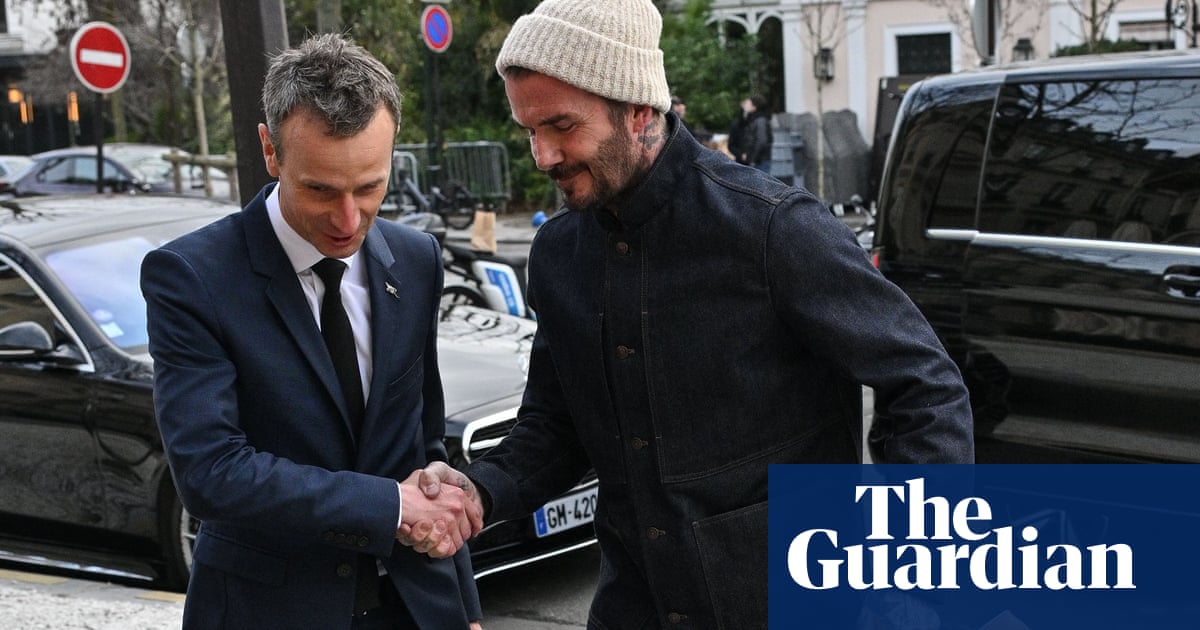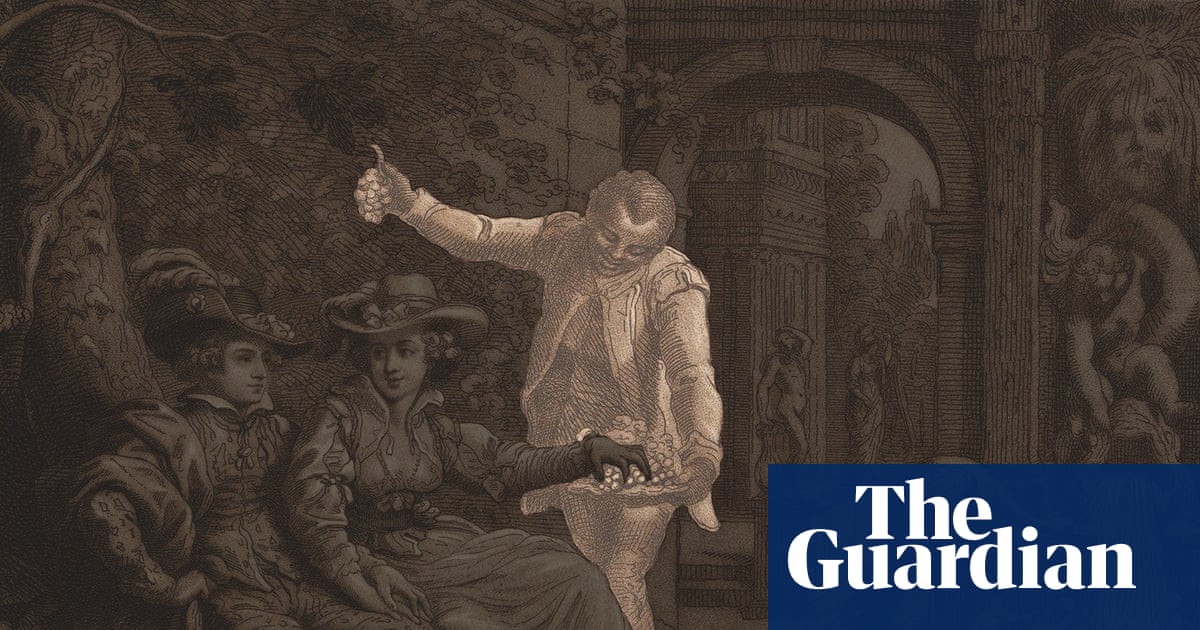The latest offering from the estimable Exhibition on Screen strand takes on one of the biggies – and with a title like that, it is also perhaps treading on other hallowed ground: that of Derek Jarman, whose 1986 biopic is arguably the most brilliant rendering of the great painter’s life and death. By contrast, this Caravaggio is a much more orthodox art-documentary treatment of its subject, playing to the strengths that the EoS films have built up over the years: beautifully crisp and detailed closeups of the work, well-informed and articulate talking-heads, and a nicely judged overall approach that is intelligent but not indigestible.
To be fair, this particular artist is well worked territory, so to spruce things up, the joint directors, David Bickerstaff and Phil Grabsky, cut in sequences with a monologuing actor, Jack Bannell, in character as Caravaggio. The aim is to fill in the void of the painter’s personality, of which, outside police and court reports, very little is known. Bannell certainly gives it his all and, tricked out in full beard and makeup effect facial wound, definitely looks the part – alarmingly so when the film cuts to a shot of David with the Head of Goliath, which gruesomely contains Caravaggio’s own features on the severed head. It’s not a totally successful device: there’s occasionally something of the one-man-fringe-play about it, but conversely it gets across the trigger points in Caravaggio’s life, particularly the final few years when legal troubles forced him to regularly move, from Rome to Naples to Malta, and back again.
Of course, the main issue is how well the film makes sense of its subject’s life and work, and this Caravaggio is well up to scratch; it’s tough, of course, to probe every corner of such a titan’s output, but there’s interesting material here on the step-by-step progression of Caravaggio’s early career, as well as his seemingly committed Christian faith. Like Ken Burns’s three-hour treatise on Leonardo (currently on BBC iPlayer), Caravaggio makes room for explicitly religious commentary, something that has not always been a given in the secularised art-criticism world, even when the work is obviously deeply Christian. It is perhaps a reflection of the times we are living in, but it is undeniably a benefit to the understanding of the art itself.

 2 months ago
65
2 months ago
65

















































